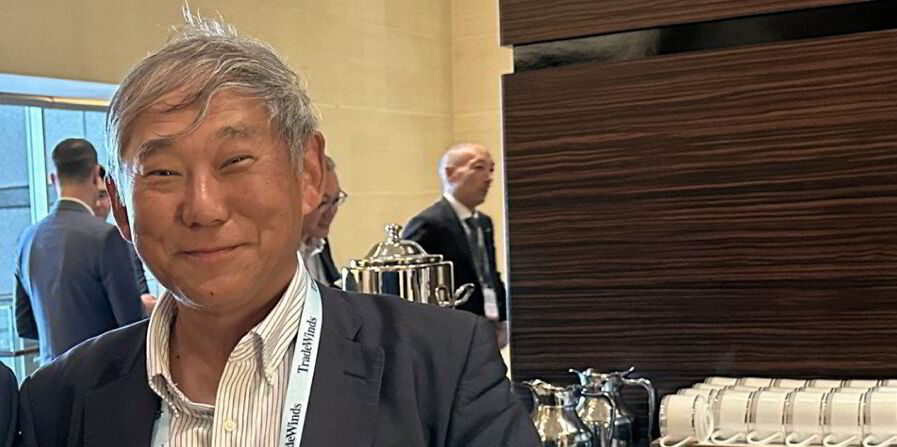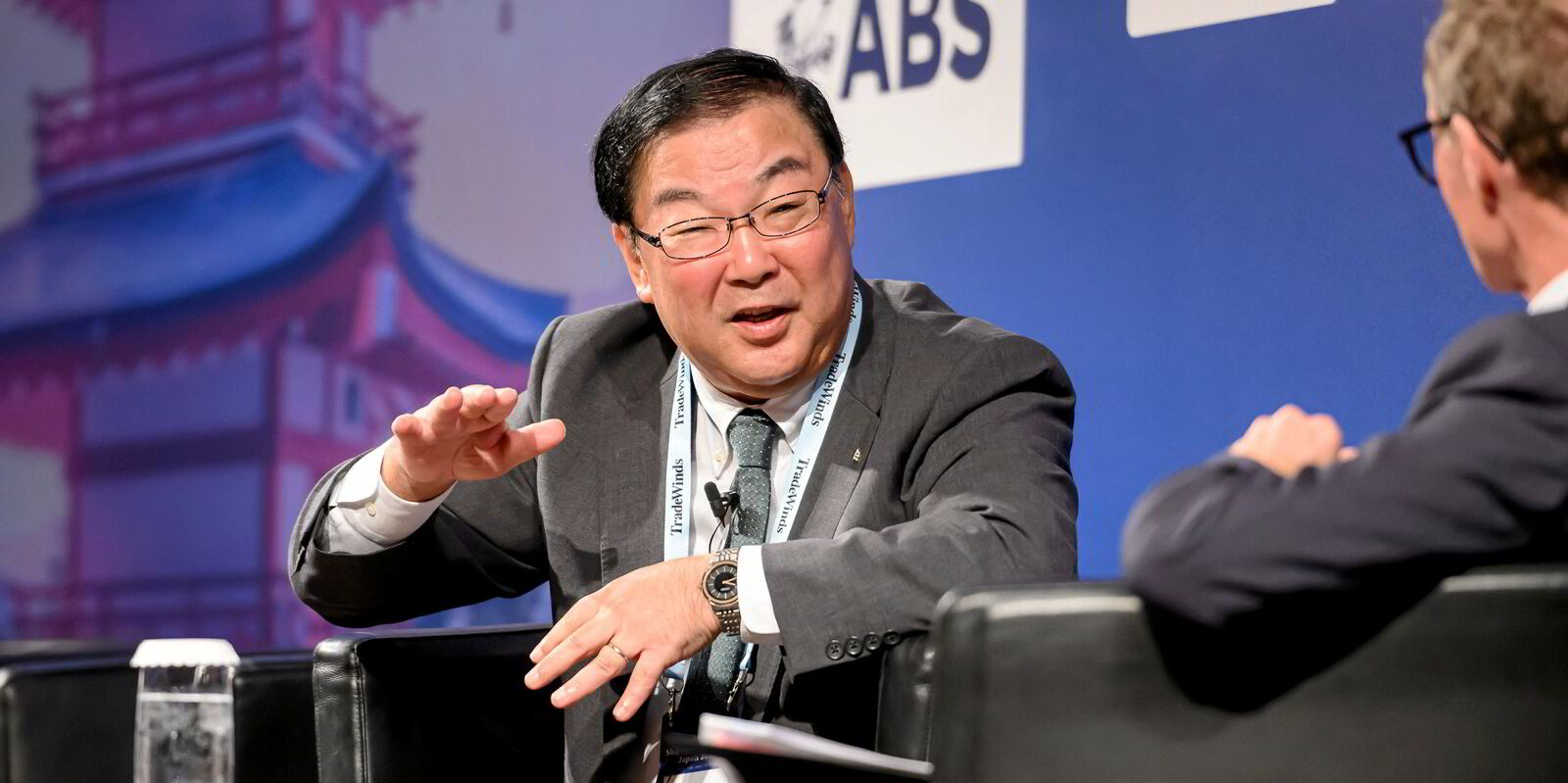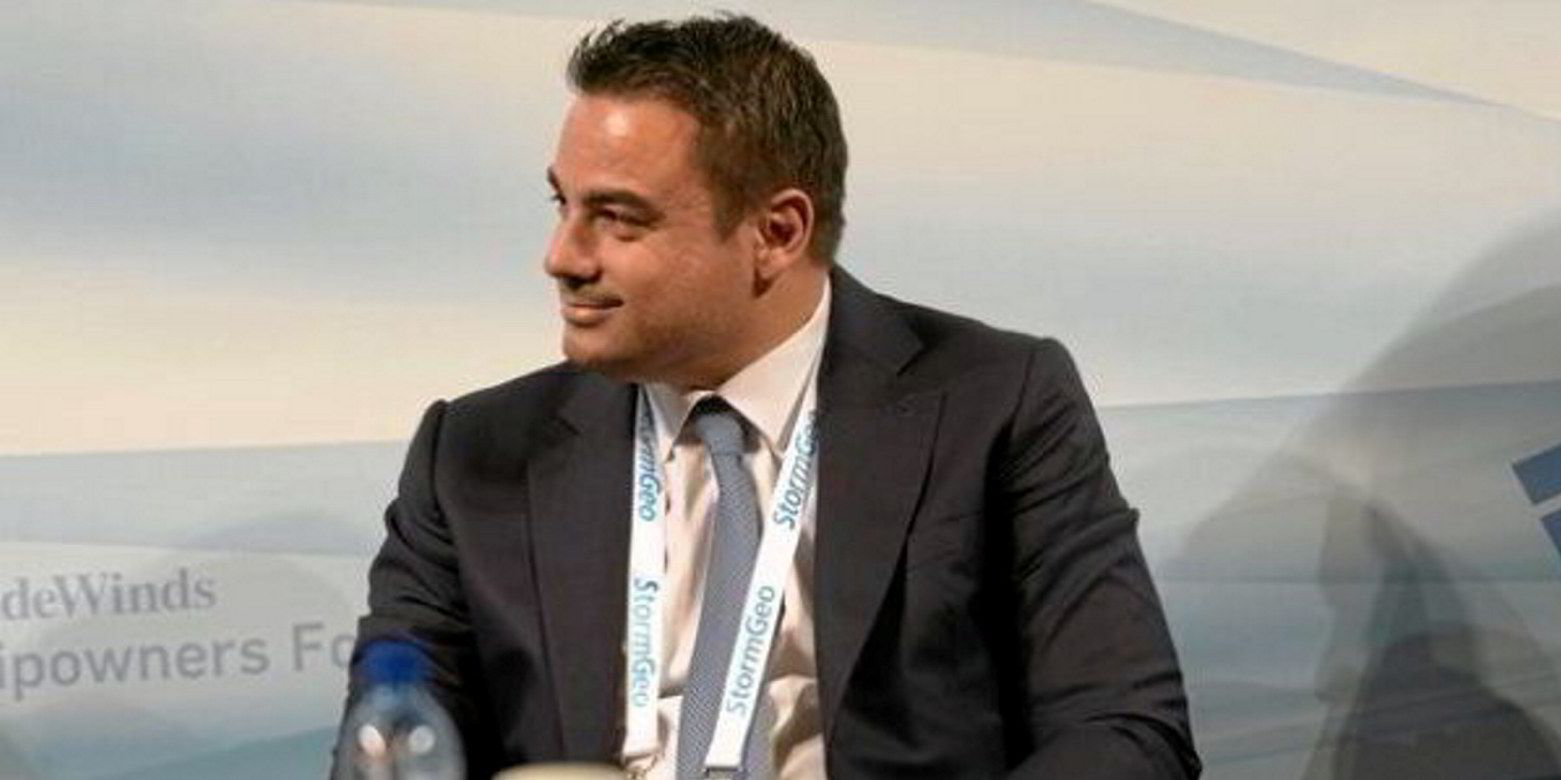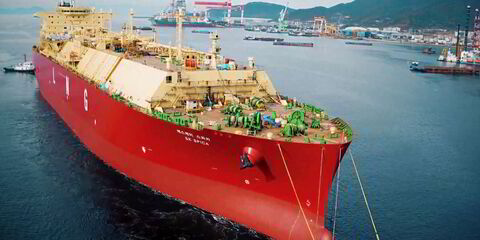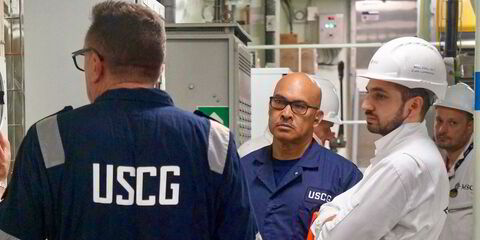Japanese shipowner Soki Kisen has ordered two bulker newbuildings in Japan.
Soki has commissioned Imabari Shipbuilding to construct an ultramax and a handysize bulk carrier. The company, based in Imabari city in Ehime prefecture, has selected engines that will use conventional marine fuels for both vessels.
Speaking to TradeWinds, Soki Kisen’s president Yosuke Kawakami said his company will take delivery of the 64,000-dwt ultramax in 2025 and the smaller vessel in 2027.
Kawakami said the newbuildings form part of the company’s fleet renewal programme.
“We would like to order more new ships to replace some of our vessels, but the current shipbuilding price is too high”, he said.
Kawakami did not disclose the cost of the two new bulk carriers. Clarksons’ Shipping Intelligence Network weekly report shows the newbuilding price for a ultramax ship at $35m, while a handysize bulker is estimated to cost $30.75m.
The order comes amid a growing trend of Japanese private shipowners turning to shipyards in China for newbuildings due to price competitiveness.
But Soki Kisen has opted to stay in Japan. It picked Imabari Shipbuilding to build the new bulk carriers as it is “an old friend” and the shipowner wanted to support the Japanese shipbuilding industry.
The Japanese company has a fleet of 12 vessels that consists of 10 handysize to post-panamax bulk carriers and two feeder container ships.
In March, it took delivery of the 38,500-dwt Twin Delight (built 2024) from Imabari Shipbuilding. The handysize bulker is chartered out to Greece’s DryDel Shipping for three years at an undisclosed rate.
Kawakami said Soki Kisen is in the process of selling two bulkers. However, he did not disclose the name of the ships.
At the TradeWinds Shipowners Forum Tokyo last week, he said companies like his in Japan would like to pursue maritime decarbonisation, but financial and human resources are challenges that they face.
On the topic of vessels that used clean fuels, he said his company will follow what large shipping players have achieved and prove successful over the next four to five years.
“Until then, I shall take a wait-and-see attitude,” said Kawakami.
